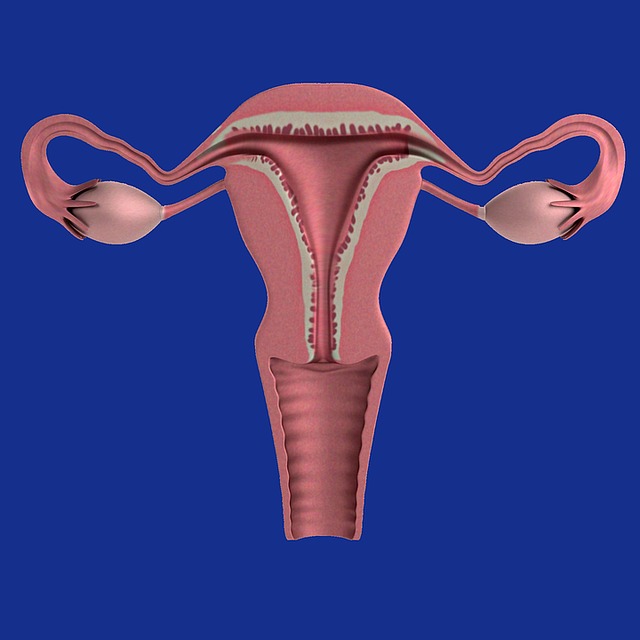Definition
Intermittent pregnancy misfortune (RPL), likewise alluded to as repetitive premature delivery or constant early termination is traditionally characterized as the event of at least three successive clinically perceived pregnancy misfortunes before 20 weeks from the last feminine time frame. A clinically-perceived pregnancy implies that the pregnancy has been imagined on an ultrasound or that pregnancy tissue was recognized after a pregnancy misfortune.

Causes
Genetic abnormality
In all cases of RPL that are linked to chromosomal abnormalities in the parents, genetic counseling is recommended. The irregularity might come from the egg, the sperm, or the early undeveloped organism. Miscarriage occurs in 12–15% of all clinically recognized pregnancies. On the other hand, it is anticipated that between 30% and 60% of all conceptions will come to an end within the first 12 weeks of pregnancy. The woman may not even be aware that she was ever pregnant up to 50% of the time. The likelihood of having a miscarriage increases with the number of failed pregnancies, but it typically does not exceed 50%.
Defective Blood clotting
Defective blood clotting A mother’s blood clotting may also play a role in her loss of pregnancy. The heritable thrombophilias are most frequently connected to RPL. The idea that miscarriage could result from impaired placental development and function as a result of venous or arterial thrombosis is the basis for the possibility that RPL is linked to heritable thrombophilias.
Infectious disease
Certain diseases, including Listeria monocytogenes, Toxoplasma gondii, rubella, herpes simplex infection (HSV), measles, cytomegalovirus, and coxsackieviruses, are known or thought to assume a part in irregular unconstrained pregnancy misfortune. Direct infection of the uterus, fetus, or placenta, placental insufficiency, chronic endometritis or endocervicitis, amnionitis, or an infected intrauterine device are proposed mechanisms for infectious causes of pregnancy loss.
Anatomical abnormality
Now and again, there could be an anomaly in the uterus that prompts an unnatural birth cycle. Inflammation or a lack of blood supply to the pregnancy could be the cause of the miscarriage. A woman’s uterus may be shaped differently at birth or develop abnormalities over time in some women.
Anatomic abnormalities such as congenital uterine anomalies, intrauterine adhesions, and uterine fibroids or polyps are thought to be the cause of miscarriage because they interrupt the vasculature of the endometrium and cause abnormal and inadequate placentation. These abnormalities account for 10 to 15 percent of RPL cases.
Hormonal disorders
Abnormalities of the hormones, such as diabetes and thyroid disease, may also contribute to pregnancy loss. Hyperprolactinemia, luteal phase defect (LPD), polycystic ovarian syndrome (PCOS), diabetes mellitus, and thyroid disease are among the hormonal conditions that are thought to be responsible for between 17% and 20% of RPL.
Advanced maternal Age
Poor egg quality leading to chromosomal (genetic) abnormalities is thought to be the cause of the increased miscarriage risk associated with older mothers. Once in a while, the mother or father might have a slight anomaly in their qualities, however, the posterity could be all the more seriously impacted and hence bring about an unnatural birth cycle.
Immunological disorders
A woman’s immune system may also be to blame for repeated miscarriages. Because it has been linked to numerous poor obstetric outcomes, including RPL, one particular autoimmune disorder—APS—needs special attention.
Faulty Lifestyle factors
Maternal alcoholism or drinking excessively is consistently linked to a higher rate of spontaneous pregnancy loss. Openings of smoking, liquor, and caffeine stand out enough to be noticed in the event of repetitive pregnancy misfortune.
Read further: Diagnosing Recurrent Miscarriage
Referencehttps://www.ncbi.nlm.nih.gov/pmc/articles/PMC2709325/




